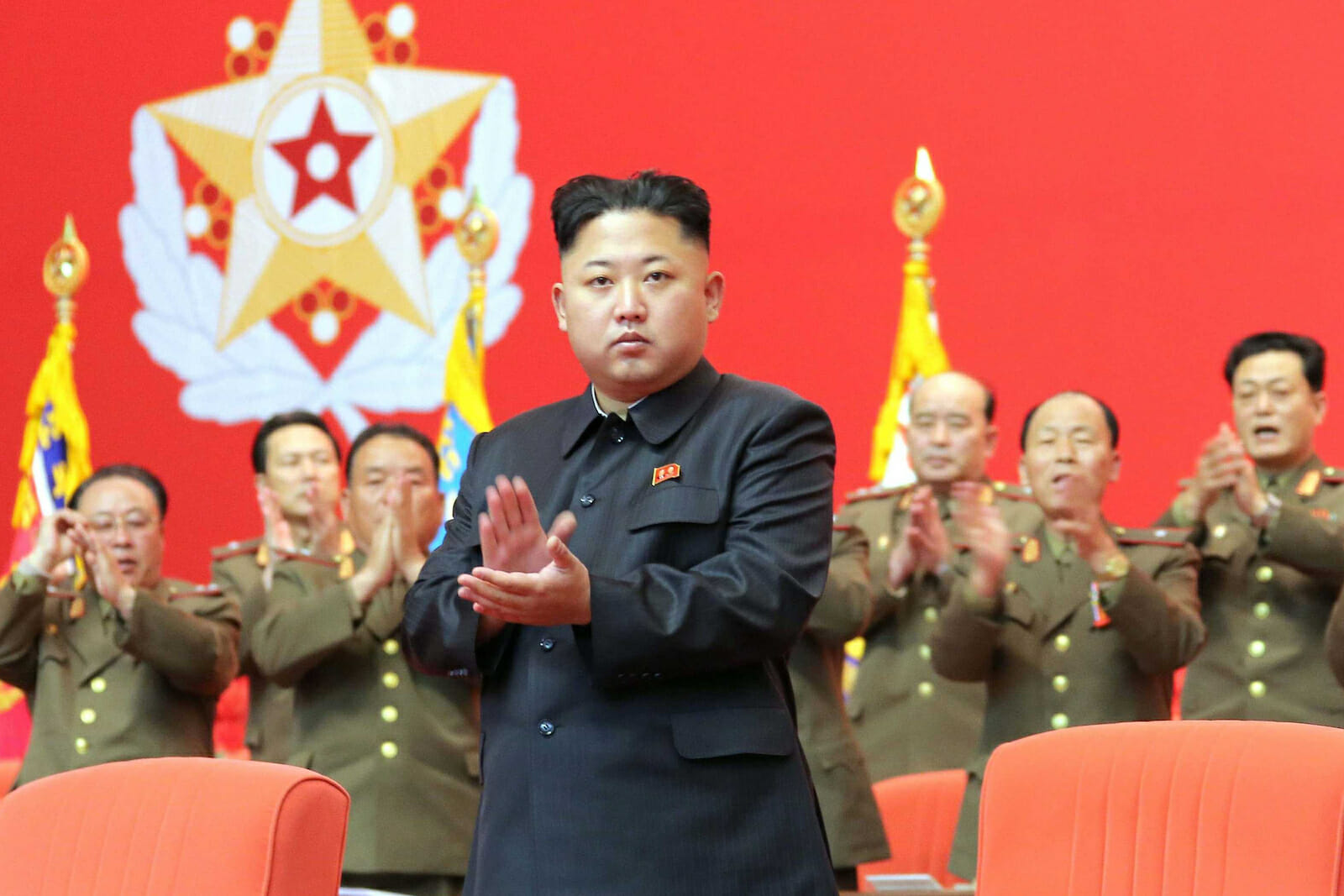
UN Reports North Korea Atrocities, Western Indifference
With events focused on Russia’s incursion into the Crimea and the upcoming referendum on joining Russia, North Korea has receded from the headlines. Even though events in North Korea aren’t garnering headlines, thousands of North Koreans remain rotting in labor camps. The UN report entitled, “Commission of Inquiry on Human Rights in the Democratic People’s Republic of Korea,” was crucial in reminding us of the Kim regime’s depraved nature. Even though many human rights abuse claims have been openly reported by the media and knowledge of slave and prison labor camps has been in the public domain for decades, this is the very first concerted effort to build a case against the Kim regime’s brutality, by using testimony from hundreds of survivors. Whether any concrete actions will result from the report is the larger question.
Over the years, a number of authors have consistently tried to drive home the fact that North Korea, regardless of which Kim steers the ship, has denied North Koreans basic human rights. Bruce Cummings, in his 1997 masterpiece, Korea’s Place in the Sun, observed, “…if and when the [North Korean] regime falls, we will probably learn of larger numbers [of individuals held in prisons and labor camps] and various unimaginable atrocities.” Moreover, in Kang Chol-Hwan’s The Aquarium of Pyongyang: Ten Years in the North Korean Gulag, the author wrote, “I once believed man was different from other animals, but Yodok showed me that reality doesn’t support this opinion. In the camp, there was no difference between man and beast, except maybe that a very hungry human was capable of stealing food from its little ones while and animal, perhaps, was not.”
Culminating after a year of research, the United Nations released its report that sought to “investigate the systematic, widespread and grave violations of human rights in the Democratic People’s Republic of Korea, with a view of ensuring full accountability, in particular for violations which may amount to crimes against humanity.”
The subsequent report led numerous media outlets to declare the “unveiled” and “abundant evidence” illustrated that the regime in Pyongyang “committed crimes against humanity” that “resembled Nazi” atrocities and it is time for the world to act.
Upon the report’s release, inquiry chairman Michael Kirby stated: “At the end of the Second World War so many people said, ‘If only we had known, if only we had known the wrongs that were done in the countries of the hostile forces…Well, now the international community does know…There will be no excusing of failure of action because we didn’t know.” He went on to say that “too many times in this building there are reports and no action. Well this is a time for action.”
With the numerous reports, research articles, and documentaries regarding the North Korean regime and the atrocities it perpetuates against its people on a daily basis, the report’s findings are nothing new, which begs the question: was the time spent by the UN commission on the subsequent 372-page report even necessary?
The fact that the report implicated the North Korean leadership and detailed how hundreds of officials are responsible for the “unspeakable atrocities” has not surprised anyone, even those who have a passive interest in the goings-on in North Korea. Moreover, the fact that China has been blamed for “aiding and abetting crimes against humanity” – by repatriating fleeing North Koreans who escaped the country – has been an issue for Western-Sino relations for years.
Michael Kirby’s statement of “if only we had known” falls flat when reviewing the breadth and scope of evidence that was laid before the commission during its investigation – documents and eye witness accounts from the 1990s led to David Hawk’s 2003 publication, “The Hidden Gulag: Exposing North Korea’s Prison Camps” – had been staring the international community in the face for well over a decade.
We knew. We have always known.
The only thing that is shocking about this report is the world’s continued apathy to act against these known atrocities. It reinforces what Sir Ian Kershaw wrote, so many years ago: “The road to Auschwitz was built by hate, but paved with indifference.”
Similar to past revelations of this kind, the most we will do is study the UN report, decry the atrocities committed, and, in the future, perhaps establish a sub-committee to review the situation and investigate whether the situation has resolved itself.
The international community has few punitive options
While a United Nations panel compared atrocities being committed by North Korea as “strikingly similar” to gross human rights violations, including murder, rape, torture and forced abortions, by the Nazis, few punitive options are available to curtail the treatment of North Koreans by the Kim Jong-Un regime. The investigation ultimately called for concerted international action to put a stop to these “crimes against humanity.” As the international community has witnessed in Syria, harsh words calling for action will do little to actually stop atrocities. The North Korean government has shown a willingness to continue business as usual.
The report focused on the estimated 120,000 North Koreans imprisoned in labor camps. While it has been widely reported that the numbers of the imprisoned has shrunk it is speculated that this is only because many of the inmates were murdered or starved to death. To no one’s surprise, Reuters reported in a statement to news organizations, North Korea “categorically and totally rejects the report.”
What the report sheds light on is horrific but aside from damning the Kim regime, the report does little to change dynamics. While Beijing was implicated it will do little to curb the abusive nature of the regime. It is in Beijing’s interest to ensure the longevity of the Kim government. If the government falls China would have a massive exodus of North Koreans flooding its shared border, something Beijing does not want to face.


